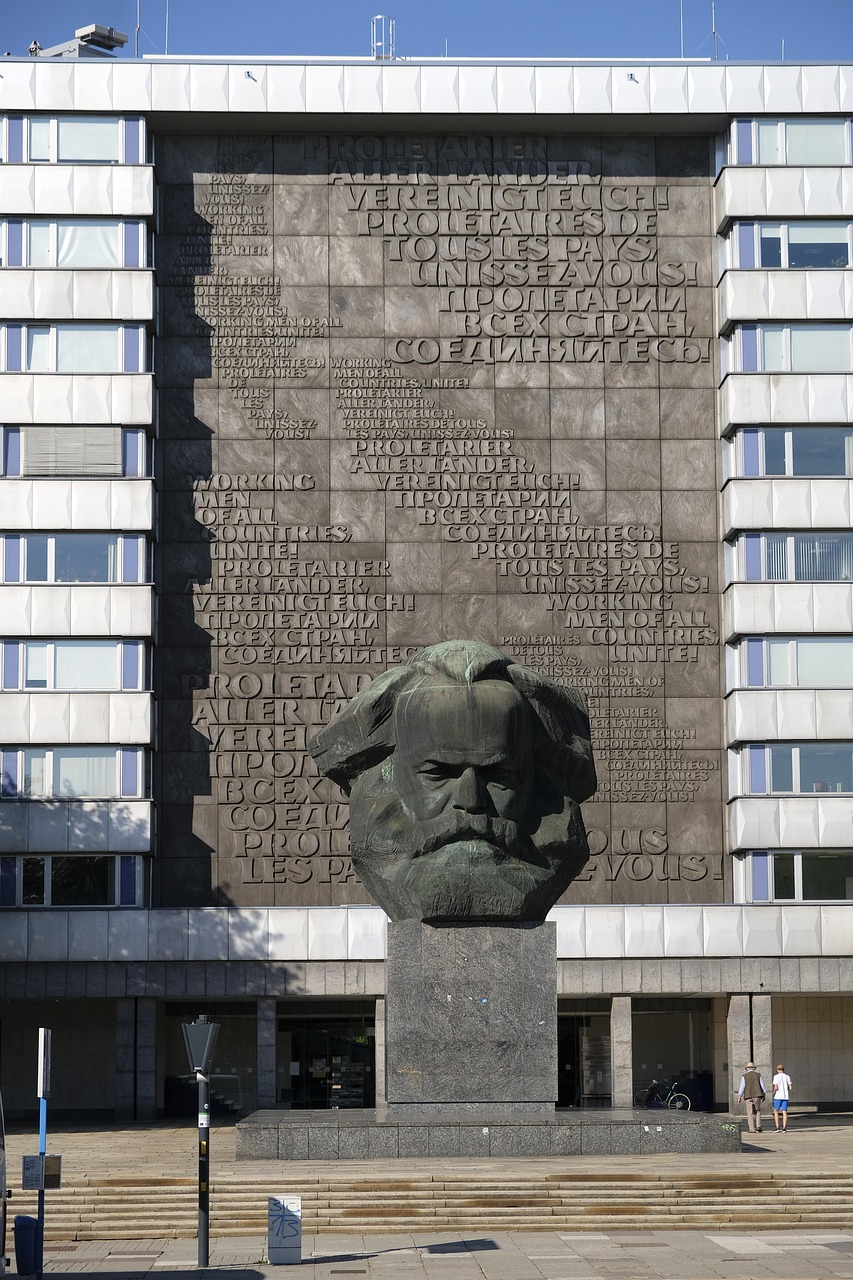 There’s been quite an uproar in the past weeks since Kwasi Kwarteng and Prime Minister Liz Truss signalled their willingness to pursue growth at any cost, even if this means liberalising immigration restrictions. While it was certainly an error on the government’s part to admit their intentions out loud – after all, the preceding administrations have successfully balanced anti-immigration communications with de-facto open-borders policy – it has finally reignited the dormant national debate over whether the British people must accept rapid demographic displacement.
There’s been quite an uproar in the past weeks since Kwasi Kwarteng and Prime Minister Liz Truss signalled their willingness to pursue growth at any cost, even if this means liberalising immigration restrictions. While it was certainly an error on the government’s part to admit their intentions out loud – after all, the preceding administrations have successfully balanced anti-immigration communications with de-facto open-borders policy – it has finally reignited the dormant national debate over whether the British people must accept rapid demographic displacement.
But how did we get to a situation where, after twelve years of Conservative government, over 1.3 million foreign nationals have been allowed to live and work in the UK? According to 2021 statistics from the Higher Education Statistics Agency, there are currently 605,130 international students studying for degrees in Britain. More student visas were supplied in 2021 than any year previous, in spite of the predicted drop in applications due to the Covid-19 pandemic, with an overall total of 386,858 sponsored study visas. While it may be pointed out that the increase was in part caused by the need for EU students to now apply for a formal visa to continue their learning in the UK, we can see by excluding them from the data that non-EU nationals increased by 33% compared to 2019.
As the supply of higher educational facilities exploded after the Further and Higher Educational Act of 1992, which gifted former polytechnics with university status, college trustees have fought to control the profitable market of students. The introduction and raising of student fees in the 2000s was a reflection of the government’s failure to properly contain the supply of students, forcing gifted young students to subsidise the existence of less-than-prestigious courses.
Increasing numbers of British universities are now facing financial insolvency. Young British graduates are well aware that the expansion of university education has not provided the benefits they were promised by their parents and teachers. Recent graduates now pay the same marginal tax rate as the UK’s highest earners, all while facing a depleted jobs market and devastating housing crisis.
Many foreign students are granted visas under legitimate circumstances: Britain is still considered to have some of the best higher education providers in the world. Four of the top ten universities in the QS world rankings are British. However, the booming demand for post-graduate education from foreign nationals indicates that there is a more sinister market force at work. Let’s take a look at the University of Bedfordshire, for example. According to the universities’ own published data, around a quarter of all students are from international backgrounds. Nearly 70% of students are classified as mature. The cost of a one-year masters degree courses is a relatively cheap £9,900 for foreign students, with meagre educational entry requirements.
Why is this unusual? Well, the University of Bedfordshire is the 130th ranked university in the UK, out of a total of 164. The value of a masters degree at such an institution is dubious at best. And it’s not just Bedfordshire that follows the pattern of low prestige, high international intake: all of the bottom 50 UK universities have a well-above-average number of mature international students. When cost is taken into account, the picture becomes even clearer. Middlesex University proudly states that it is ‘among the world’s most international universities’ with over ‘145 nationalities represented on campus’. It is also among the cheapest place to get a masters degree, costing as little as £8,000.
Perhaps those who go to these low-ranked universities from abroad are looking for more than just a piece of paper that isn’t worth a lot, but instead fulfil a much more valuable purpose: as a back-door immigration path. For one, being granted a student visa allows foreign nationals to bring dependants along. A breakdown of the data by nationality reveals some truly ridiculous cases – for example, there were 272 visa applicants from Libya last year bringing along 455 dependants.
A student visa can be converted into a graduate visa, allowing foreign nationals to stay in the UK for at least two years upon successfully completing a course – with the restriction for employment sponsorship being lifted under Johnson’s government. Indeed, 60% of these graduates then land jobs, putting them on the more secure work visa.
If Braverman is serious about her pledge to cut down on the number of immigrants entering the UK, it is absolutely vital that she lobbies for tighter restrictions on student visas. 17% of university income comes from non-EU students. The government has made a conscious choice to allow Vice-Chancellors to enrich themselves at the expense of the young, utilising our lax immigration system to artificially sustain third-rate universities. We cannot allow our nation’s great educational legacy to be sullied by the process of turning our higher educational system into a quick green-card dispensary.















